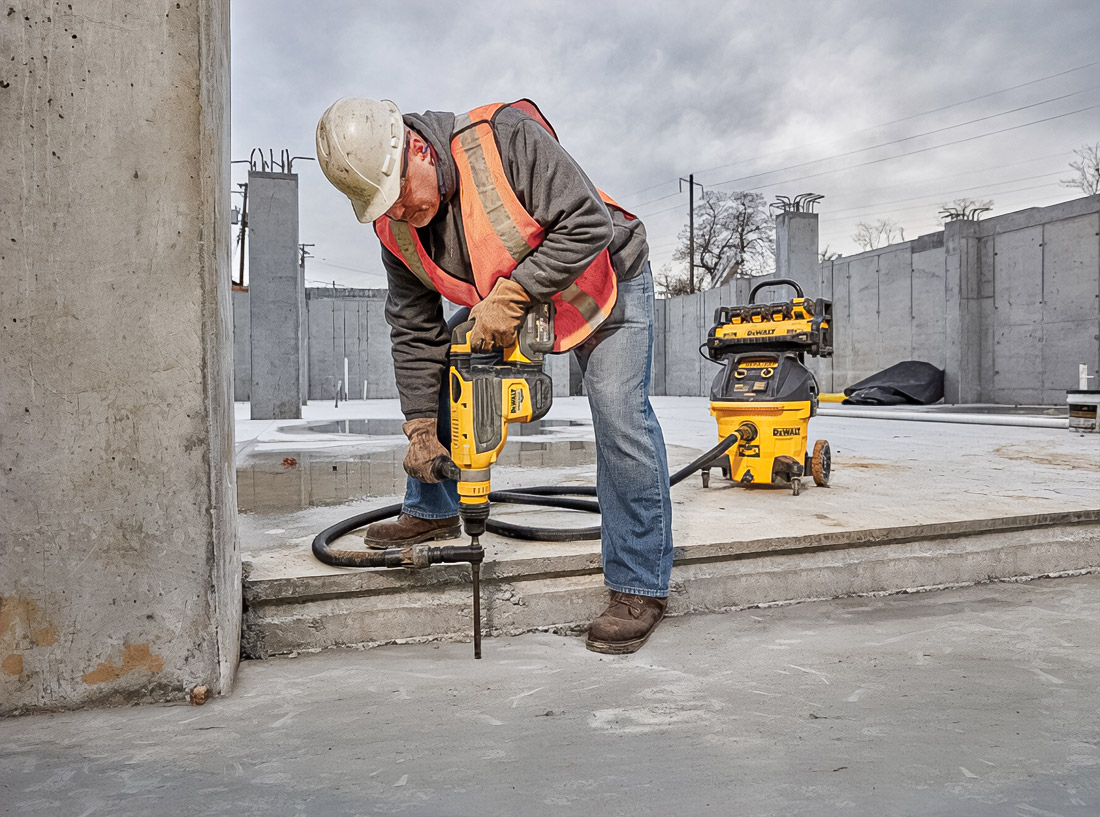Systems management batteries (Battery Management Systems, BMS) play a key role in ensuring efficient and safe operation of drilling rigs. These highly intelligent systems optimize the use of batteries, increasing their stability and reliability. In conditions of growing requirements for energy efficiency and sustainability, BMS has become indispensable elements in the energy systems of drilling rigs. According to data from the latest studies, installation cordless drill allows reduced costs on electricity by 10-20% and also increases the safety of the work process by 25%.
Modern systems management batteries: true heroes of drilling rigs

Systems management batteries represent a unique combination of hardware and software elements intended for continuous monitoring and management of batteries. Main components include:
- Sensors: These are sensors for the measurement of critically important parameters of batteries, such as voltage, current, and temperature. They provide a constant flow of data for analysis.
- Processors: These devices process sensor data and make decisions based on management algorithms for maximum efficiency.
- Interfaces: They arrange communication with other systems of drilling rigs, providing integrated management and monitoring.
Forecasts show that in the next five years, the volume of investments in development BMS will grow by 30%, which emphasizes their importance in the modern drilling industry.
Functional capabilities BMS: more deep look
Functions BMS provides its critical role in drilling rigs:
- Thorough monitoring: BMS constantly checks and controls parameters of batteries. It can identify changes in operation, preventing potential failures.
- Efficient management charging: Duration of life of batteries significantly increases through management processes charging and discharging, preventing overheating and over-discharge.
- Comprehensive safety: BMS includes functions protecting equipment from overheating, short circuits, and other potential threats.
- Diagnostics of malfunctions: Thanks to capabilities BMS, can timely detect and eliminate malfunctions, reducing potential downtimes by 30%.
Advantages BMS in drilling rigs: more than impressive
Implementation of BMS in drilling rigs brings the following substantial benefits:
- Energy efficiency: Improved optimization charging leads to savings in electricity, reducing consumption by 15-20%.
- Increased reliability: Constant monitoring and diagnostics reduce the risk of failures by almost half.
- Safety: Built-in functions safety reduce the possibility of emergency situations, protecting personnel and equipment.
Challenges and innovative solutions: overcoming barriers
Despite obvious advantages, implementation of BMS poses challenges:
- Complexity of integration: Interesting fact is that 60% of the time on implementation BMS goes to integration with existing systems.
- Need for training: Effective operation BMS requires practical training of personnel, which can be burdensome on time and costs.
- Reliability of components: For maintaining a high level of reliability, it is necessary to use high-quality materials and technologies.
Modular BMS can become the solution to these challenges, as they are easier to integrate into existing systems. Regular training and upgrading qualifications also reduce the costs of adapting personnel. Use of standards quality ensures durability of components by 95%.
Examples of successful use BMS: inspiring cases
Application BMS in drilling rigs already proved its effectiveness. For example, one of the leading oil platforms of the North Sea demonstrates how the implementation of advanced BMS reduced energy consumption by 15% and increased reliability by 20%. Diagnostics of malfunctions allowed reduce time of downtime by 30%, which led to a significant increase in performance and a reduction in operating costs.
Prospects development BMS: look into future
Future BMS promises to be connected with the development of technologies, artificial intelligence, and the Internet of Things (IoT). Forecasts show that by 2030, the integration of AI and IoT in BMS will improve the prediction of the state of batteries and automate management by 50%. New materials and improved technologies of production batteries also will have an influential impact, expanding functional capabilities BMS.
In other words, systems management batteries already become an integral part of drilling rigs, ensuring their safety and stable operation in new and more demanding conditions. Growth of investments in this area emphasizes their undeniable significance and potential for further improvement in coming years.

I am an accomplished coder and programmer, and I enjoy using my skills to contribute to the exciting technological advances.
